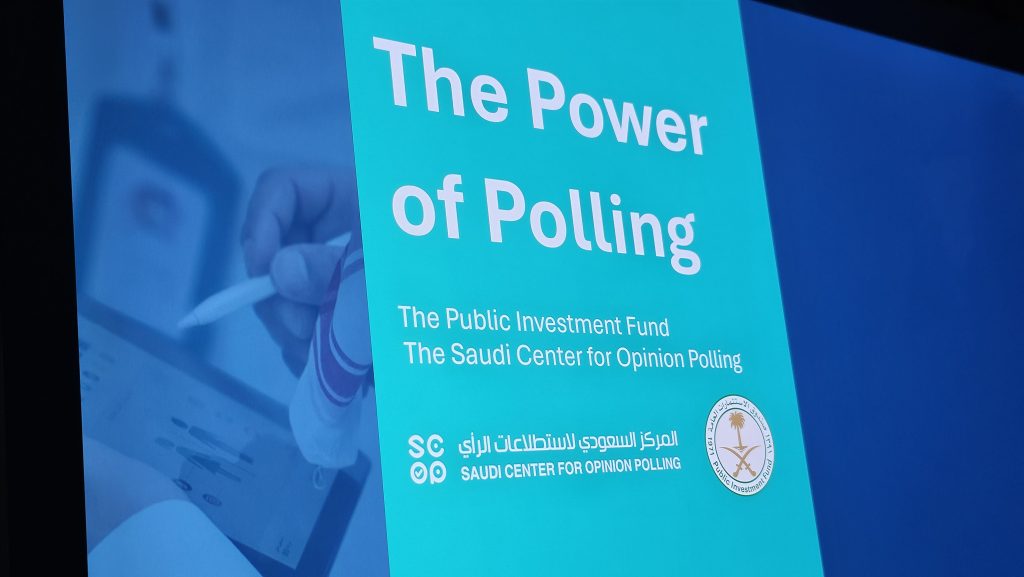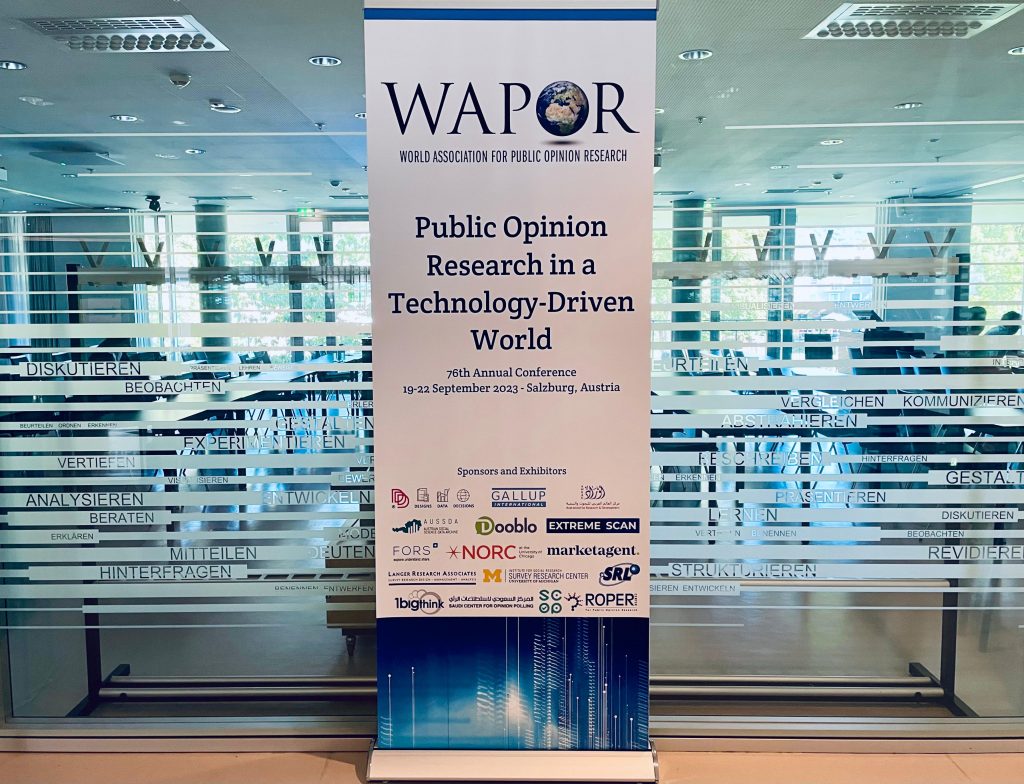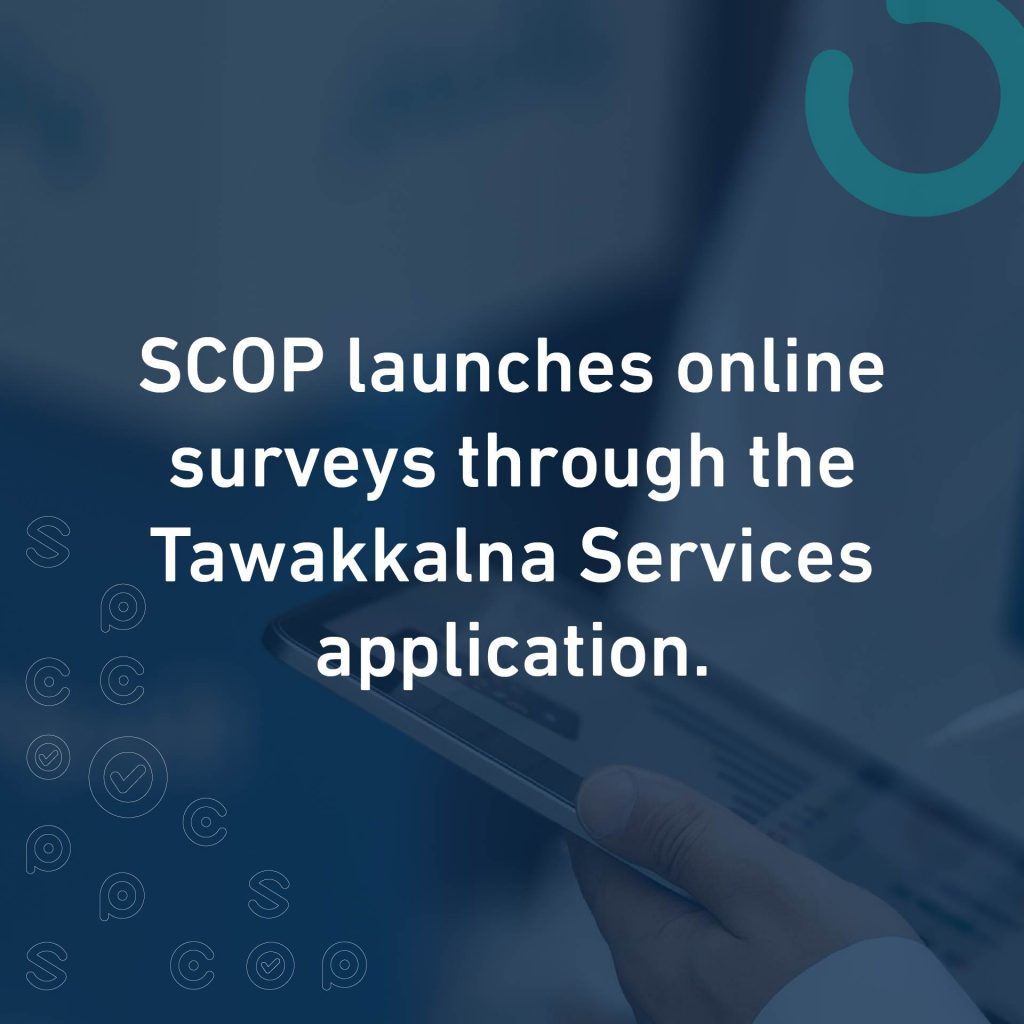
Inflation has become a big issue the world over since the start of the pandemic. No one really knows what causes inflation despite what you might read in economic textbooks. Most economists agree that the generous support policies unleashed during the pandemic to help citizens and businesses weather the shock resulted in a huge demand for goods that could not be met as easily because it was coupled with supply chain bottlenecks: China Inc was closed for business.
The debate continues about whether inflation is transitory or here to stay, with famous economists taking both sides. One reason economists often give about why inflation stays boils down to people’s expectations: If people expect inflation, then they will bargain harder for pay raises that match or exceed the expected inflation rate, thereby creating a vicious cycle.
Those that expected inflation to evaporate quickly were disappointed. Just as the pandemic receded, the war in Ukraine took over as an inflation driver and resulted in rapidly rising food and fuel prices.
The World Bank’s MENA Economic Monitor for April 2023 highlights the danger of fallout from the fight against inflation. As central banks raise rates to curb inflation, tightening financial conditions are slowing the global economy. The report argues that even if the spike in inflation turns out to be short-lived it will still leave behind long-term development challenges that warrant action from policymakers in the short and long term.
Increased food prices, in particular, will hit the poor the hardest since they spend a larger proportion of their income on food. In the poorest countries, food insecurity can lead to starvation, but even in middle-income countries temporary increases in food prices can cause long-term, irreversible damage, especially to children due to malnutrition and stunting. That is why it is key for policymakers to put in place temporary programs to protect vulnerable households.
In this context, the Saudi Center for Opinion Polling (SCOP) decided to survey if Saudis were worried about inflation. The survey showed that despite inflation running at 3% (the government has fixed the prices of fuel and many essential items) and the economy growing close to 9%, Saudis remain concerned.
The survey showed that nine out of ten people recognized the increase in food prices, but half did not feel any drastic price increases in medical services, drugs, insurance, or communication and internet services. Their perceptions did not match reality. Why? Perhaps because they had to dip into their pockets every day to put food on the table while items such as insurance are less frequently purchased.
Saudis also recognize that their country is not a major producer of agricultural products and that it imports around 85% of its food, the prices of which had already started to rise during the pandemic and have become even more expensive lately.
When asked about the causes of inflation, respondents pointed at many different causes such as global circumstances, traders and middlemen, VAT, and COVID-19 as the main culprits. This implies that Saudis think that inflation will not be fixed by a single country, especially not their own country. It will need cooperation among the international community. There is no evidence to suggest that traders are making larger margins or that this is a cause of inflation, but these perceptions are common in many countries which can in turn hinder the development of the private sector.
Overall, inflation has not changed the consumer habits of the majority in Saudi Arabia: 62% of respondents confirmed that they did not stop buying a product or service due to higher prices. However, some Saudis are having to cut back their spending to make ends meet. Luxuries are the first to go, 15% of respondents admitted to cutting back on eating out in restaurants and cafes. As in many countries, Saudis are also starting to take other measures such as looking for additional income sources mentioned by 6% and seeking cheaper brands (5%) and shopping in outlets to make ends meet.
When it comes to future expectations, the survey revealed that Saudi society does not see inflation as a permanent and unsolvable problem. Half of those surveyed believe that inflation will normalize within three years, and 60% believe that happier days are coming. One can easily conclude from the perspective of these results that inflation is one of the leading concerns of Saudi society, but Saudis are not panicked nor do they worry a great deal about it. Those that believe that expectations drive inflation should be reassured by these findings.
 Home
Home 



